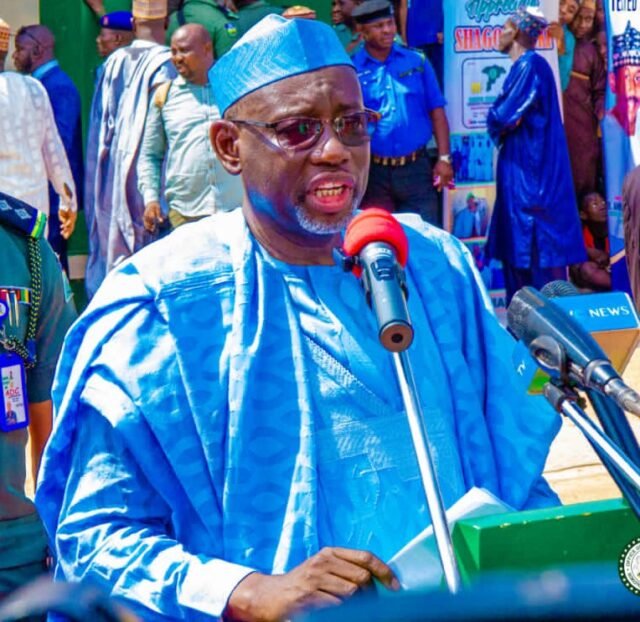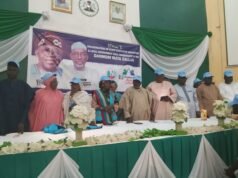By Ahmed Ilallah
Jigawa State’s commitment to social welfare has taken a new and innovative turn under the leadership of Governor Malam Umar Namadi Danmodi. Building on a long history of social protection initiatives, the administration is redefining how government support reaches the poor, the elderly, and other vulnerable groups across the state.
Social protection, a system of policies and programs designed to prevent and reduce poverty, vulnerability, and social exclusion, has existed in various forms for thousands of years. From ancient charitable practices and religious tithes to modern welfare systems, societies have long sought ways to support their most vulnerable members.
The modern concept of social protection, however, traces its roots to 19th-century Germany, when Chancellor Otto von Bismarck introduced compulsory social insurance covering health, accidents, and old age, a model that inspired much of Europe and later Africa.
In Jigawa State, social protection has evolved into a structured and state-backed initiative aimed at improving lives and reducing poverty. Successive administrations have invested in programs that support mothers, children, and persons with disabilities. Yet, the administration of Malam Umar Namadi has elevated this commitment through a more coordinated and inclusive approach.
Governor Namadi’s government has developed a comprehensive life-cycle social protection framework, ensuring that citizens receive support at every stage of life, from pregnancy to old age.
A key innovation under this framework is the Old Age Social Protection Scheme, recently launched to provide monthly cash transfers, free healthcare, and social care services to elderly citizens across the state.
The initiative reflects a forward-thinking vision, to create a society where every citizen, regardless of age or status, is given the dignity of care and support. It complements ongoing programs for pregnant women, children, and persons with disabilities, while new interventions, such as a dedicated program for orphans, are being developed to close remaining gaps in coverage.
However, experts and observers note that the success of these initiatives depends not only on innovation but also on transparency, accountability, and inclusiveness. For Jigawa’s social protection system to achieve its full potential, there must be robust mechanisms to ensure that benefits reach the intended beneficiaries efficiently and fairly.
Governor Namadi’s administration has laid a strong foundation for social equity and welfare transformation in Jigawa State. The challenge that remains is sustaining these gains through effective governance, citizen engagement, and transparent implementation, ensuring that the “deeds” of today continue to meet the “needs” of tomorrow.
alhajilallah@gmail.com










